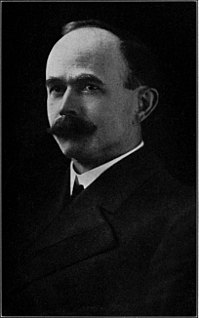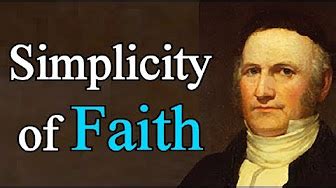A Quote by Julian Baggini
Traditional arguments for the existence of God and contemporary attempts to use fine-tuning and cosmology to back up the case for his existence always strike me as kinds of games, since hardly anyone believes on the basis of these arguments at all.
Related Quotes
How could it occur to anyone to demonstrate that God exists unless one has already allowed Himself to ignore Him? A king's existence is demonstrated by way of subjection and submissiveness. Do you want to try and demonstrate that the king exists? Will you do so by offering a string of proofs, a series of arguments? No. If you are serious, you will demonstrate the king's existence by your submission, by the way you live. And so it is with demonstrating God's existence. It is accomplished not by proofs but by worship. Any other way is but a thinker's pious bungling.
What do you know about me, given that I believe in secrecy? ... If I stick where I am, if I don't travel around, like anyone else I make my inner journeys that I can only measure by my emotions, and express very obliquely and circuitously in what I write. ... Arguments from one's own privileged experience are bad and reactionary arguments.
I am well acquainted with all the arguments against freedom of thought and speech - the arguments which claim that it cannot exist, and the arguments which claim that it ought not to. I answer simply that they don't convince me and that our civilization over a period of four hundred years has been founded on the opposite notice.
I'm not an historian but I'll venture an opinion: Modern cosmology really began with Darwin and Wallace. Unlike anyone before them, they provided explanations of our existence that completely rejected supernatural agents... Darwin and Wallace set a standard not only for the life sciences but for cosmology as well.
We go to the opening arguments or the closing arguments of a case, and we'd see which actor got the big one. I had a seven-page one once which just about killed me, and I thought, 'Oh, I'm going to get fired, that's it, I can't do it.' It was like a one-act play, and I had a few weeks to learn it, luckily. But it's terrifying.



































